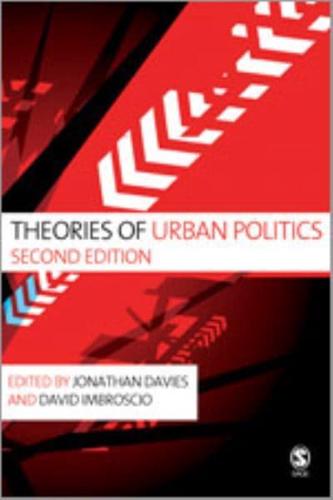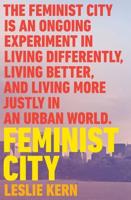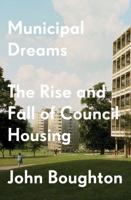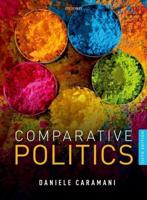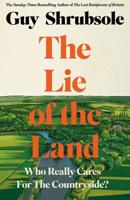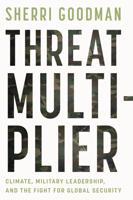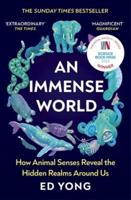Publisher's Synopsis
′Anybody who thinks the study of urban politics is stagnating needs to pick up a copy of Theories of Urban Politics. Insightful analysis of scholarship on traditional topics is supplemented by chapters on nontraditional topics, including the new institutionalism, network governance, and urban leadership… If you want to keep up with cutting-edge debates in urban studies, the Davies and Imbroscio volume is essential′ - Todd Swanstrom, Saint Louis University
′Connects the best traditions of urban political theory with important new contributions on emerging themes. This completely revised second edition is an invaluable book for new students and established scholars. It is accessible, theoretically rich, and maps out an exciting and challenging research agenda. It will spend more time open and on the desk, than closed and on the bookshelf!′ - Professor Chris Skelcher, University of Birmingham
′Many colleagues have told us that our edition of Theories of Urban Politics provided great insights and grounding to students and seasoned researchers alike. We are delighted that so able a successor has emerged. Those that study urban politics need to be challenged and inspired by theory and this book delivers a powerful update for urban scholars′ - David Judge, Gerry Stoker and Harold Wolman, Editors of the First Edition
′This long-awaited sequel to the pioneering First Edition updates debates and developments through an excellent collection of entirely new essays contributed by some of the leading academics in the field. A special feature of the volume is that it links concerns in urban politics in North America and Europe. An excellent read′ - Professor David Wilson, De Montfort University
Expanding and updating the successful first edition, Theories of Urban Politics, Second Edition provides a comprehensive introduction to and evaluation of the theoretical approaches to urban governance.
Restructured into four new parts - Power, Governance, Citizens, and Challenges - the second edition reflects developments in the field over the last decade, with newly commissioned chapters updating and adding to the theoretical material included in the first edition.
With contributions from many of the key figures in urban theory today, this text will be required reading on all urban politics, urban planning and public administration courses.
